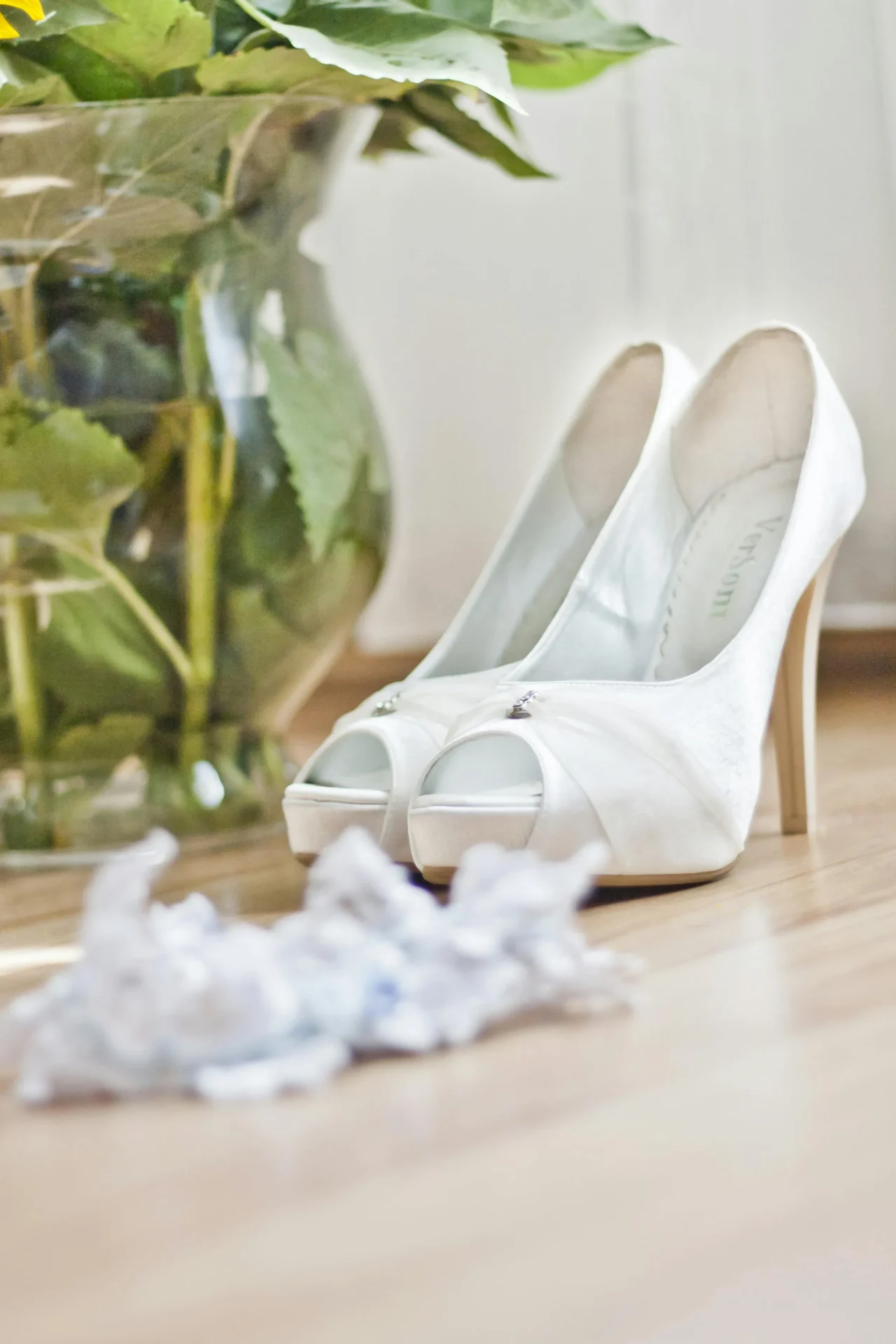Have you ever questioned why your running performance suffers irrespective of the training? Behind this underperformance, could lie the unnoticed answer – your shoes! Yes, let’s unravel how a poor shoe fit might be the secret culprit impeding your running.
The Foundation: Feet and Running
In running, feet serve as the foundational structure. So, just as a poorly built foundation undermines a building’s stability, a poor shoe fit can devastate a running performance. A well-fitted running shoe is more than just a comfortable wrap, it’s an indispensable element of every pace you take.
Unraveling the Impact of Poor Shoe Fit on Running
- Injury Risk: Shoes that don’t provide appropriate support can lead to injuries such as blisters, calluses, or even severe afflictions like plantar fasciitis.
- Altered Stride: Ill-fitted shoes may force you to modify your running stride, either consciously or subconsciously, leading to reduced efficiency.
- Reduced Comfort: Shoes that are too tight, too loose, or lack adequate cushioning can result in discomfort, undermining your focus and enjoyment on your run.
Your Best Fit: Choosing the Right Running Shoe
So, how do we address this problem? The solution lies in choosing the right running shoe. Here’s where we delve into the considerations for selecting the perfect fit.
Frequently Asked Questions:
How to know if your running shoes are the right fit?
Your shoes shouldn’t be too snug or too loose. You ought to have enough room to wiggle your toes, but not so much that your feet slide around. A snug heel, accommodating toe space, and comfortable overall fitting are the hallmarks of a well-fitted shoe.
Can you run in casual shoes?
While you technically can, it’s not advisable. Running shoes are specifically designed to support the high-impact activity of running, offering features such as arch support, cushioning, and heel stability that casual shoes lack.
How often should I replace my running shoes?
A good rule of thumb is to replace your running shoes every 300-500 miles. However, this varies based on factors like running style, weight, and the type of shoe.
Takeaway: Giving Your Feetsies the VIP Treatment
So, could your race to better running start with something as simple as the right pair of shoes? Indeed! Ensuring your shoes are the right fit is not just a comfort consideration – it’s a serious performance and safety factor. Remember, your feet deserve the VIP treatment. After all, they carry you each step of your running journey.

